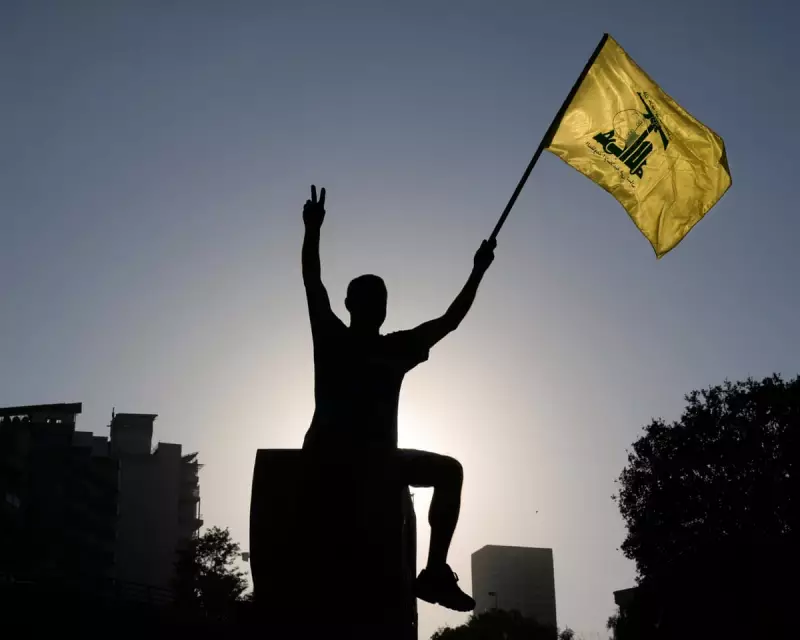
The United States is intensifying pressure on Lebanon to disarm Hezbollah, a strategy that analysts fear may push the already volatile region towards dangerous escalation. This controversial approach comes amid heightened tensions between Israel and Iranian-backed groups in the area.
A Delicate Balancing Act
Lebanese officials face an impossible dilemma - bowing to US demands risks igniting internal conflict with the powerful Shiite movement, while resistance could invite further economic sanctions and isolation. The small Mediterranean nation, already grappling with political paralysis and economic collapse, finds itself caught in the crossfire of great power rivalries.
Hezbollah's Entrenched Position
With an estimated 150,000 rockets and missiles at its disposal, Hezbollah represents Lebanon's most formidable military force - outgunning even the national army. The group's deep integration into Lebanese society and politics makes any disarmament attempt extraordinarily complex.
Regional Implications
The US push coincides with:
- Ongoing skirmishes along the Israel-Lebanon border
- Stalled maritime border negotiations
- Increasing Iranian influence in the region
- Fragile ceasefire arrangements in Gaza
Middle East experts warn that aggressive disarmament efforts could trigger retaliatory attacks from Hezbollah, potentially sparking a wider regional war.
The Humanitarian Cost
Lebanon's civilian population, already suffering from one of the world's worst economic crises since 1850, would bear the brunt of any renewed conflict. Over 80% of the population now lives below the poverty line, with basic services collapsing nationwide.
As diplomatic tensions mount, the international community watches nervously to see whether Lebanon can navigate this geopolitical minefield without catastrophic consequences.





